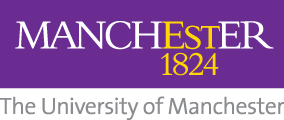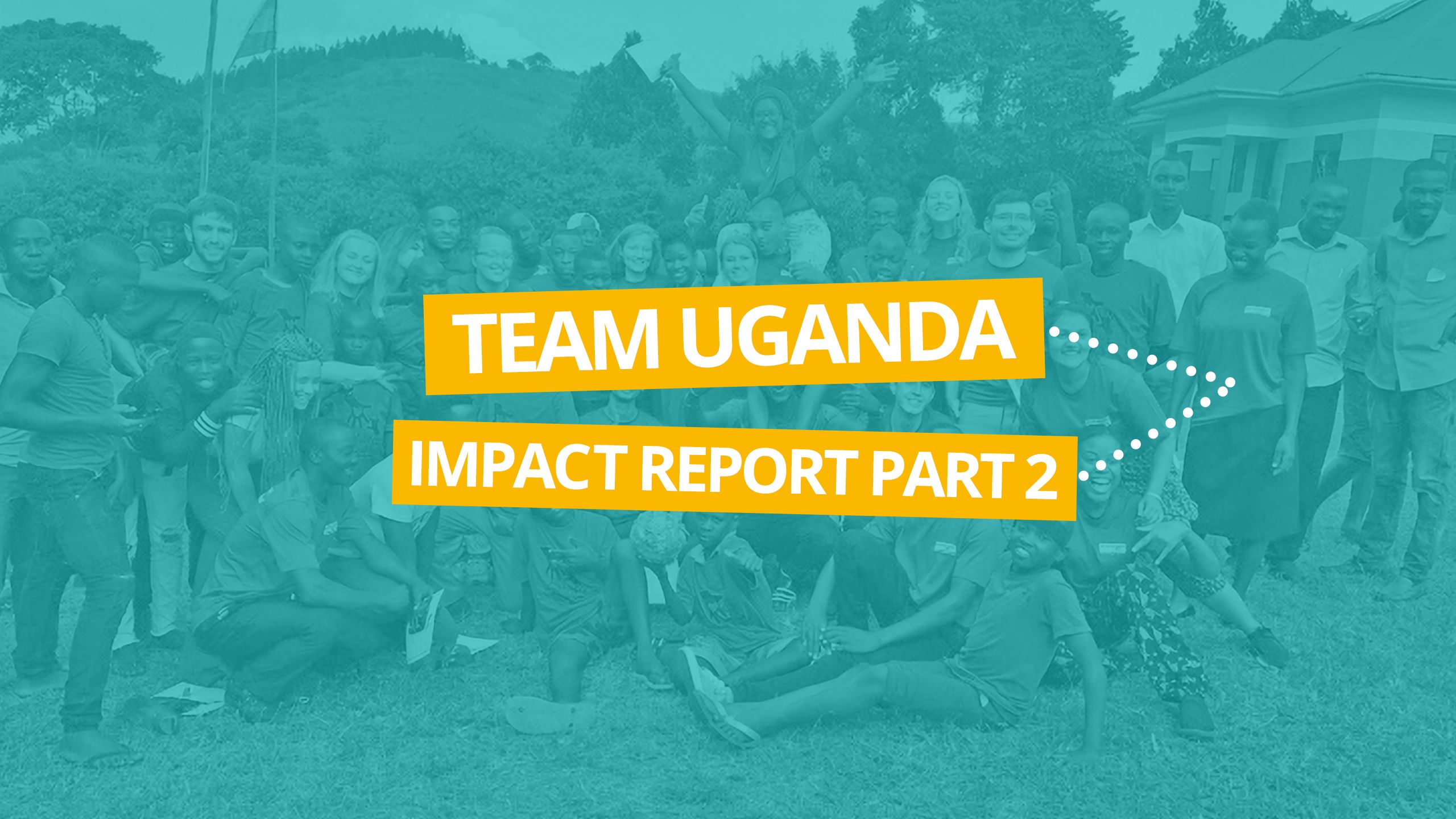
IMPACT ON STUDENT VOLUNTEERS
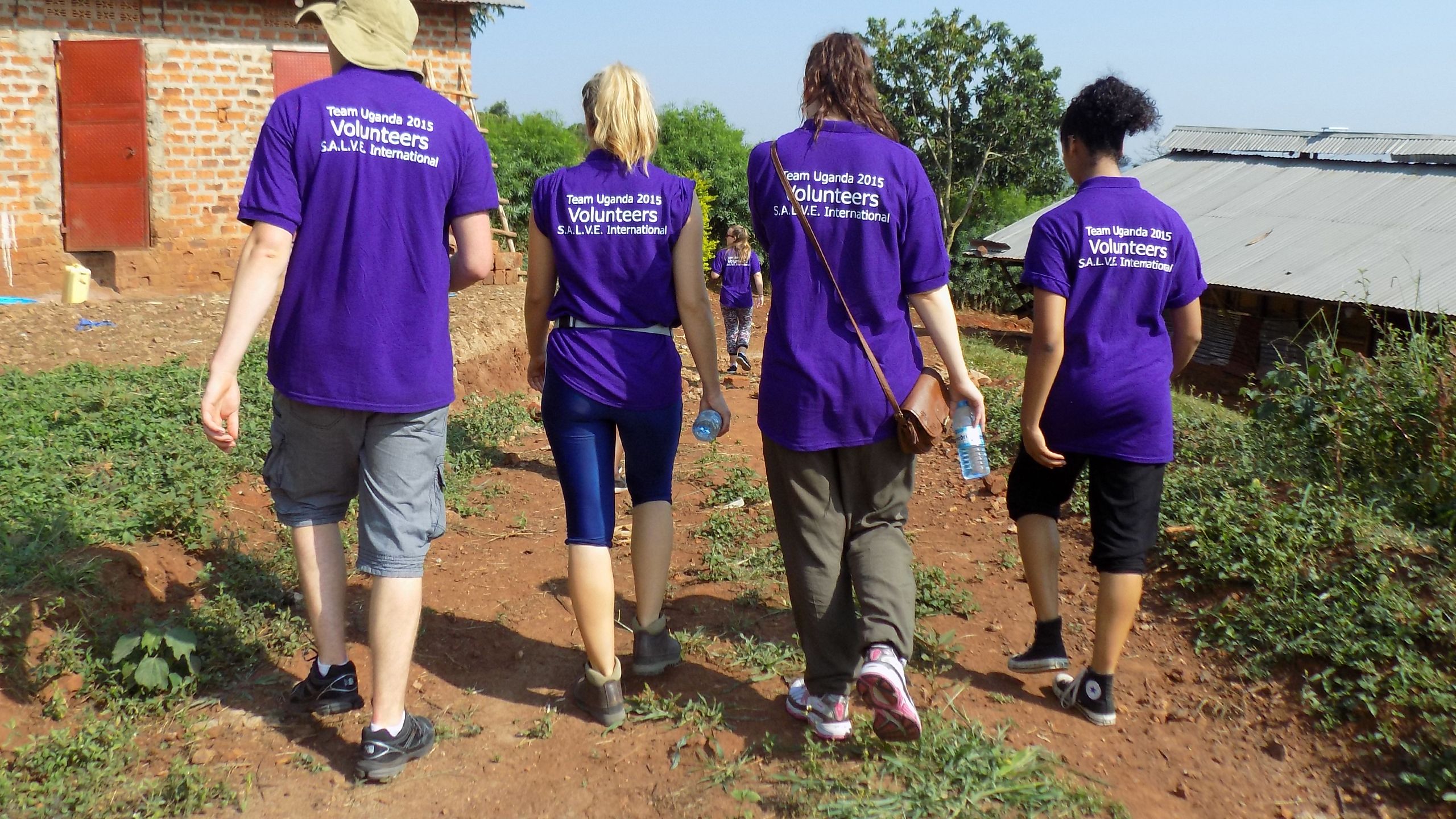
The students learnt a huge amount from the Team Uganda experience. They were able to develop a range of core skills and consider their career options, whilst building an awareness of the world around them and a strong sense of social responsibility. In the feedback gathered post-projects, many students reported a positive impact on their skills and employability, often beyond what they were expecting, citing Team Uganda as an important and formative part of their University experience.

The projects were carefully planned to take into account the students’ skill set and disciplines, allowing them to draw on their existing knowledge and experience whilst giving them a valuable opportunity to test out and develop their skills in a new and challenging environment.
Lucia talks about how during Team Uganda she drew on skills from her degree
Lucia talks about how during Team Uganda she drew on skills from her degree
Each year at the end of the projects we asked the students what skills they felt they had developed.
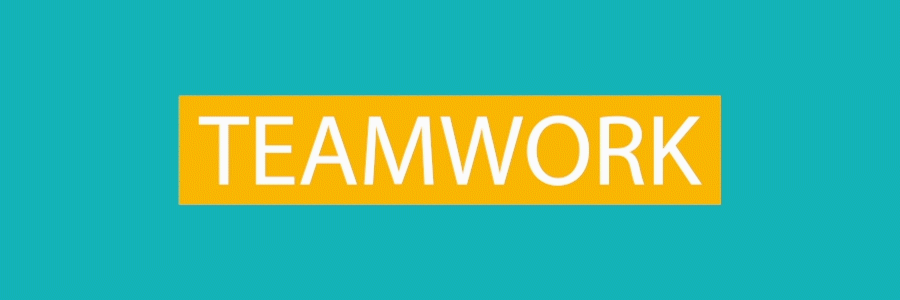
The top 10 skills students told us they developed during their time in Uganda
The top 10 skills students told us they developed during their time in Uganda
Skills for employment
"For me Team Uganda really developed skills needed for employment such as being adaptable when situations change, enthusiasm, skills in leadership and teaching, teamwork, communicating effectively with different cultures and people of different backgrounds and viewpoints, creativity and so much confidence."
Teamwork
"Sometimes during projects like these, you may think that you have the best ideas and the best opinions. I have learnt the importance of really listening to what people are saying, because they may have an idea that is better than yours or ideas may be able to be merged to create the best idea. Team work is so important and it’s really a skill I have developed during my time in Team Uganda."
Cultural Awareness
"I have learnt to better embrace the cultures of those around me, both through the Ugandan communities and the cultures of the other volunteers I have worked with."
Communication
"My communication skills have developed significantly over the trip as I’ve not only had to communicate with other members of a team but also communicate when both language and culture barriers exist. This is a very useful skill to have gained."
Research skills
"I learnt how to conduct research in another community and culture with different practices, beliefs and outlooks to my own. This has given me the ability to look from a different perspective and to remain open minded."
Leadership
"I have been able to develop my leadership and people skills through delegating tasks to the team, motivating others, conflict management and communicating with others in difficult environments and situations."
Michael, the Assistant Project Leader in 2017, talks about the role
Michael, the Assistant Project Leader in 2017, talks about the role
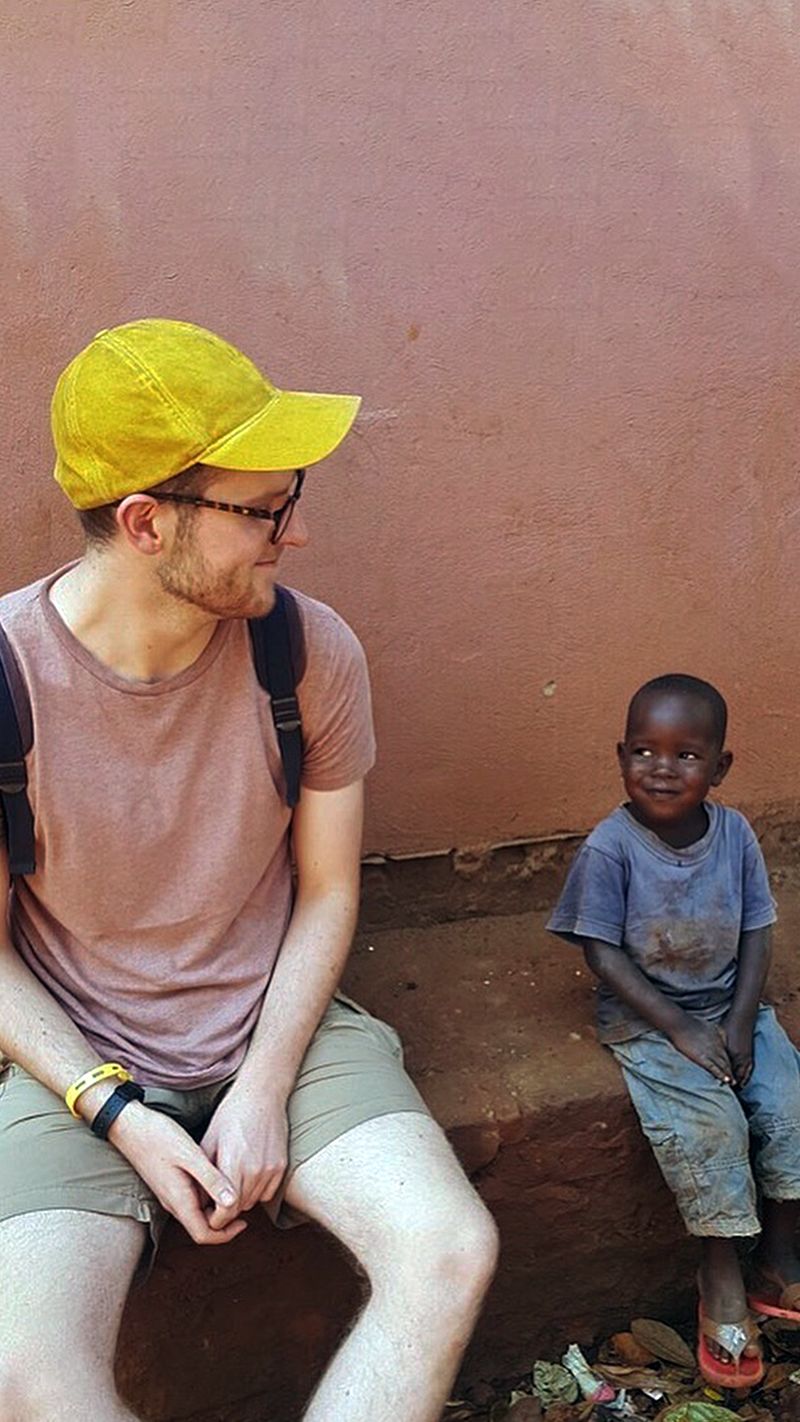
Joe during community outreach
Joe during community outreach
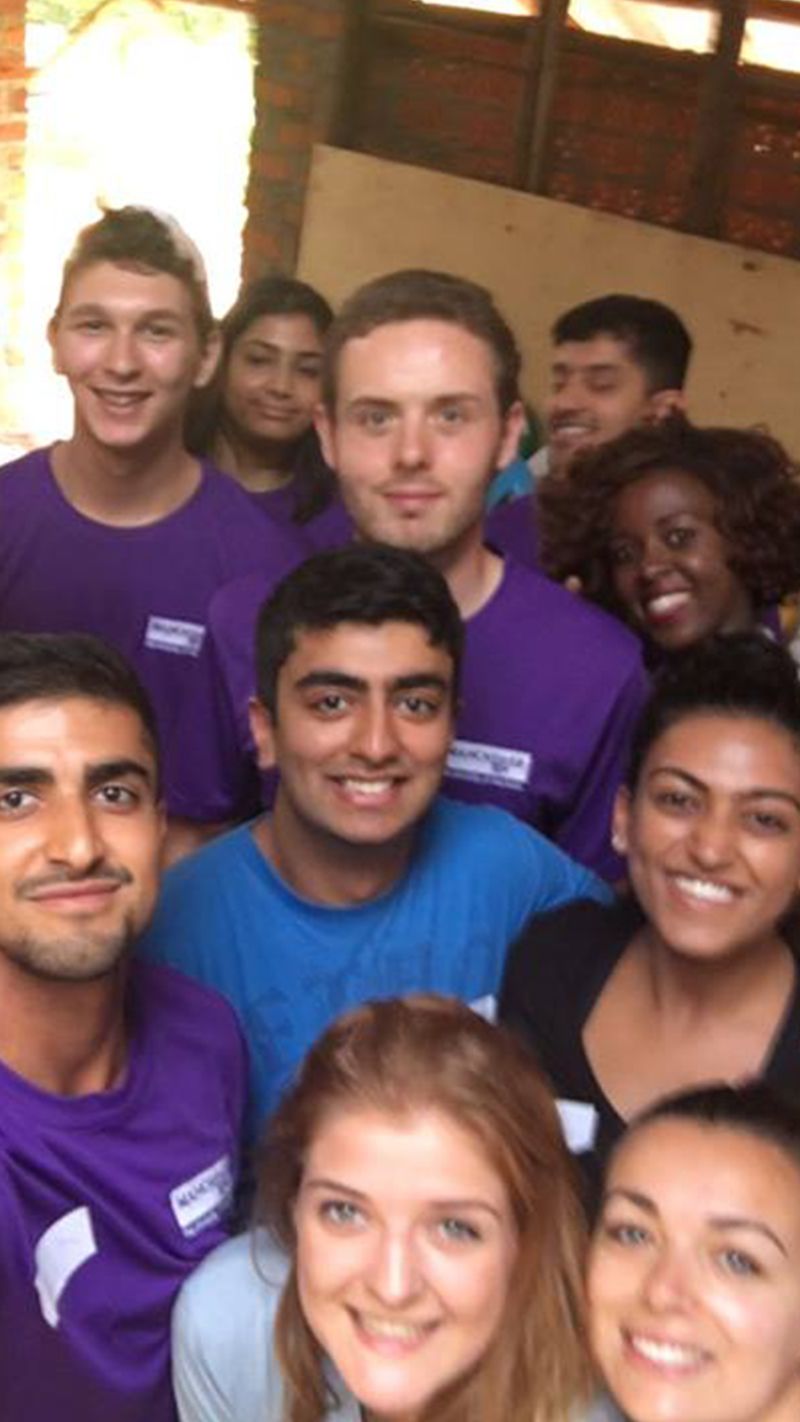
Jonathan (centre top) with the team
Jonathan (centre top) with the team

We asked volunteers if Team Uganda has influenced their career choice in any way.
"Team Uganda was fundamental to my career. I discussed this in both my Master’s application and grad scheme enrolment. It was crucial in my interview and I was able to demonstrate a range of skills which I gained from the project. … My work in Uganda is one of my proudest achievements at university and something I still discuss in my professional work."
"Being on the social enterprise team and scoping out a mushroom business for S.A.L.V.E. opened my eyes to what was possible. Although I have always been keen to start my own ventures, Team Uganda gave me the confidence boost to actually get started when I arrived back home."
"Team Uganda has helped to show employers that I was not someone who simply went to university and studied. It demonstrated that I was someone who sought-out and actively engaged with extra-curricular programmes."
"Before Team Uganda I never considered working in the non-profit sector to be my career choice. Team Uganda was the first charity work I had completed, and when I returned back to Manchester I got involved in more University societies helping non-profits (Manchester Youth Stop AIDS) and when graduating started a career in the sector. I have now worked at three charities since graduating and have volunteered for the Alzheimer's Society as a Dementia Champion."

Heather Chiles, BSc Environmental Science, was one of the first Team Uganda volunteers and a member of the Environment team in 2015. After graduating and spending some more time travelling and volunteering abroad, Heather has successfully found her way into the charity sector and now works for Manchester Refugee Support Network as a Resource Development Worker.
"For me personally the volunteering supported my degree as I did environmental science. I also continued volunteering with S.A.L.V.E. in the UK to carry out more research. It provided me with contacts with charities I would like to work with in the future to gain more experience. After graduation I wanted to spend a longer time abroad in other countries, to get to know their cultures better, so I found a network of hostels and lived with international communities working in Edinburgh, Amsterdam and Israel."
"Team Uganda has absolutely influenced my career. I think S.A.L.V.E. is a fantastic charity which I still passionately advocate to this day. Being part of Team Uganda reassured me that the career path of NGOs with an international focus was exactly the field I wanted to be in. I learnt what I was good at which was leading a team and preparing research to a fault. It also highlighted my failings which I continue to work on. These were hugely essential early learnings to make in developing this career path I am now pursuing."
"I got my first job purely because they saw that I hadn't only just completed my degree, but I had been proactive with taking on other responsibilities outside of this."
"I recently moved into a dream role for me which is working within Manchester Refugee Support Network, a small grassroots charity in Moss Side supporting refugees."
"I loved working with a diverse team on Team Uganda and learnt that good leadership is more about making a space for other people to have their say and exercise their strengths than about telling people what to do. This is highlighted much more in a diverse group where there are cultural and personal differences. I now exercise this in how I lead volunteers at Manchester Refugee Support Network. "
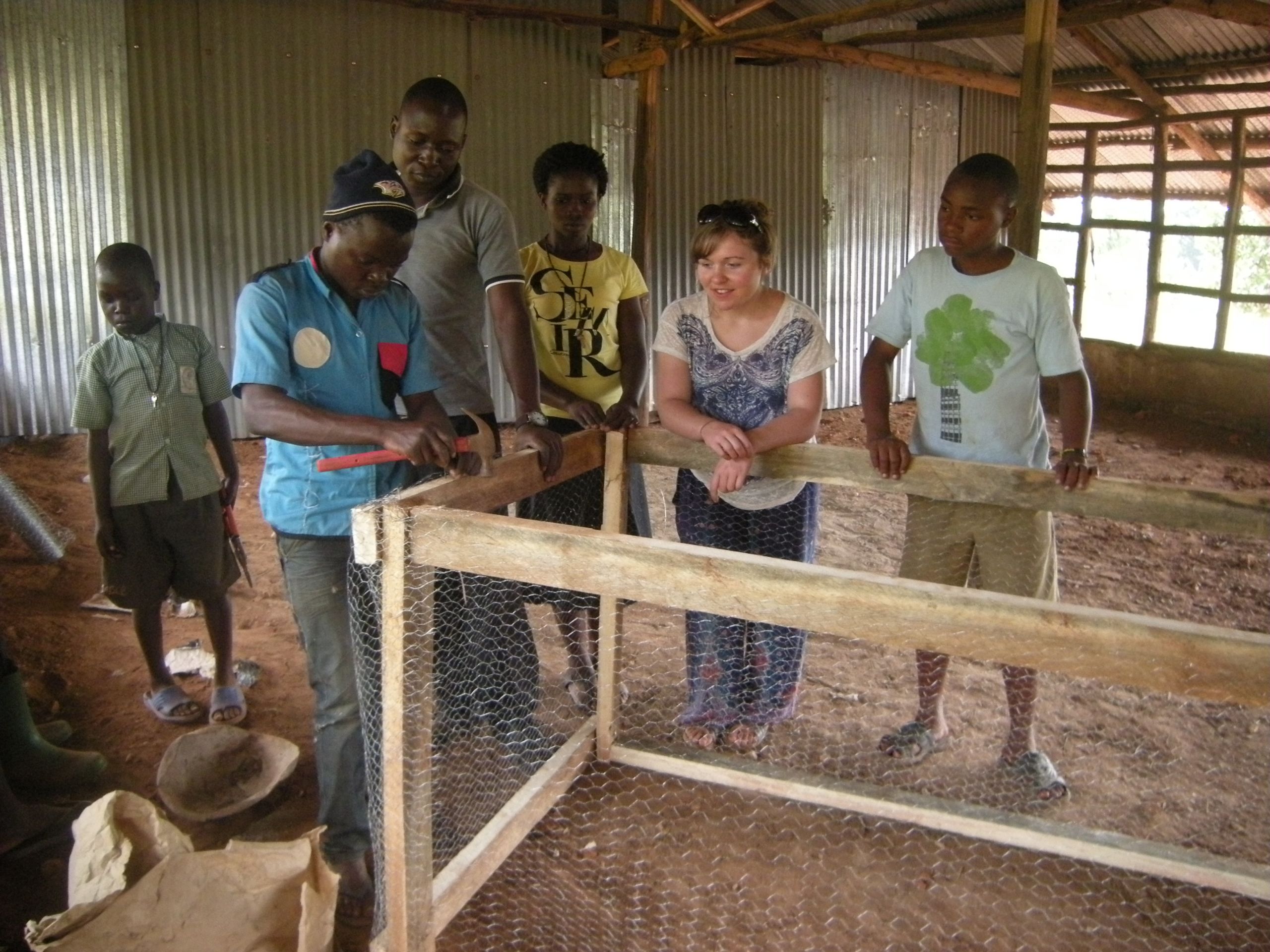
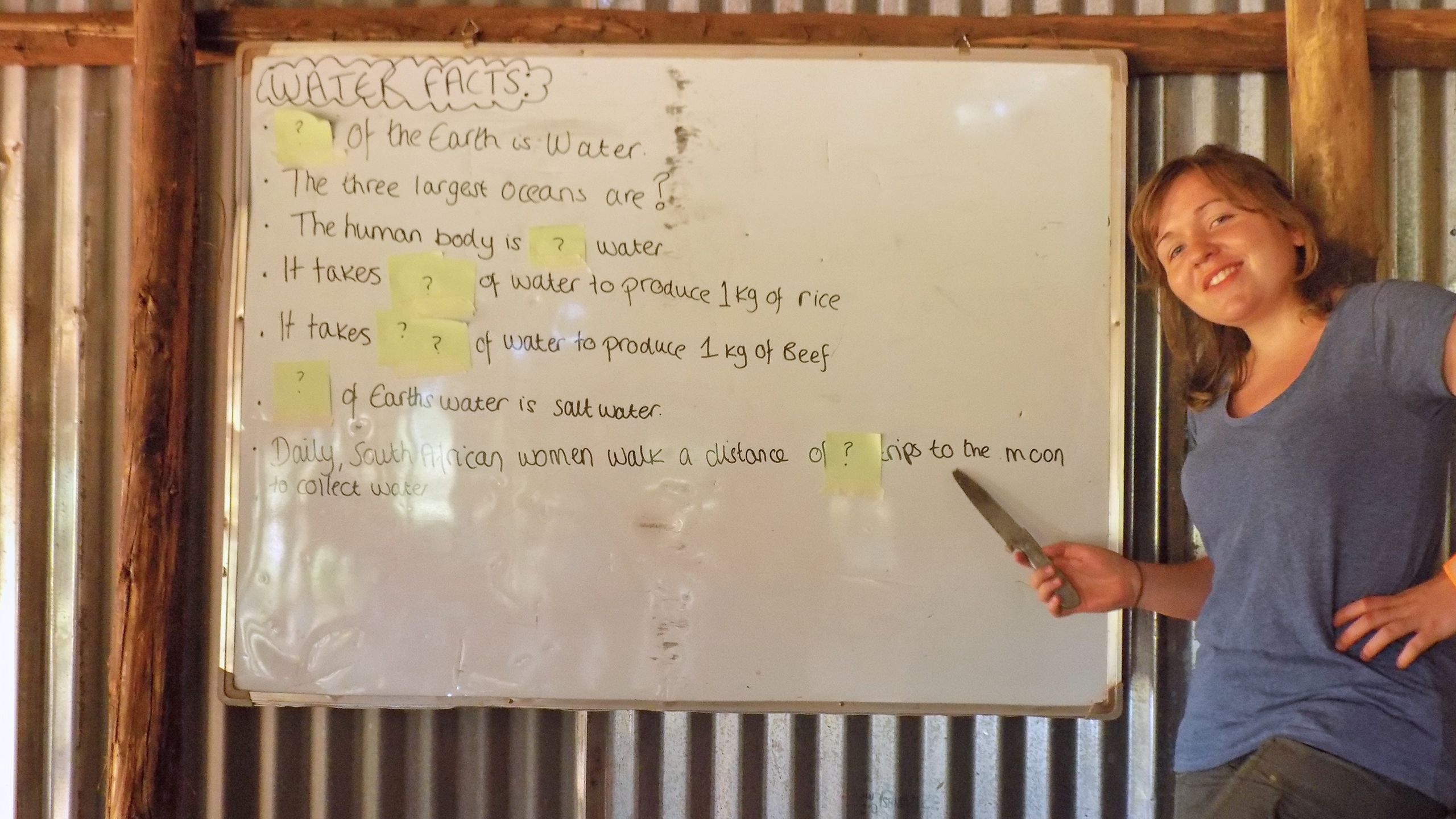
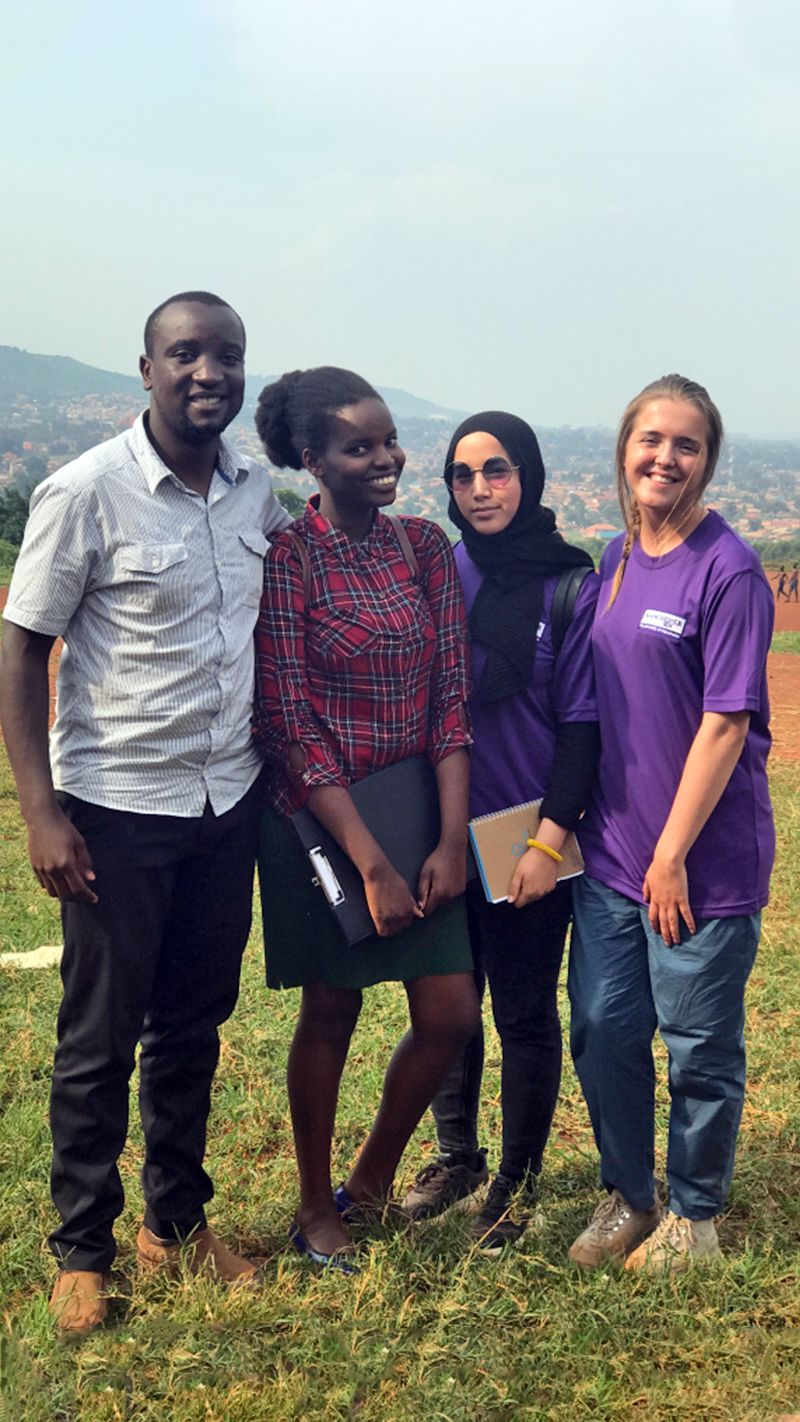
Clare with the Gender project sub team
Clare with the Gender project sub team
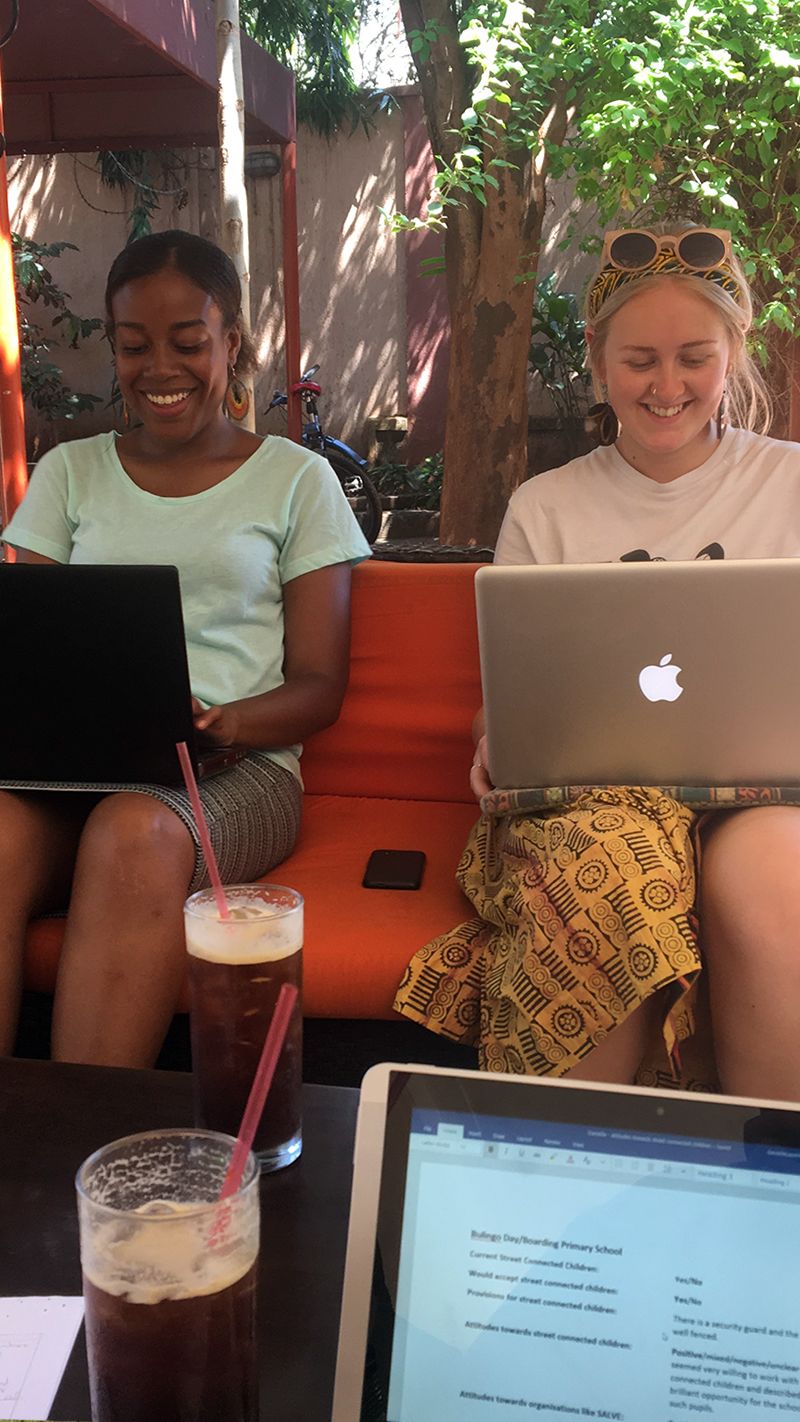
Daniella writing up the research
Daniella writing up the research
We asked if there are there any skills students developed through Team Uganda that they have particularly used in their career.
"I have definitely developed my problem-solving skills and planning, as we had to plan and deliver a variety of different projects at the same time. I think Team Uganda has also helped my leadership skills and confidence in working in different situations."
"Team Uganda definitely improved my communication skills and confidence with speaking to new people and I have carried this skill on into my current workplace. It also opened my eyes to importance of teamwork and the varying roles I can have within a team."
"Communication skills, communicating via formal and informal interpreters, communicating difficult topics. Problem solving, management of resources and leadership and role delegation."
"The project has allowed me to develop my communication skills, particularly communicating cross-culturally which will be beneficial for my hospital and GP practice placements."
"Communication and leadership are the most valuable skills I have taken from our time in Uganda. I have hugely developed as a person due to the experience and like to think I am much more patient and understanding of people’s needs. Although I haven’t ventured into a career that I want yet, when I finally do I want it to be within a charity or organisation that helps people."

Mohammad Raees Ashraf, MBChB Medicine, took part in Team Uganda in 2016 as part of the Community Research team. After the project he took an intercalated MRes in Medical Sciences before completing his final year of Medicine and going on to work as a Foundation Doctor based at the Countess of Chester Hospital.
"Team Uganda has made me seriously consider taking my medical career towards a more overseas volunteering direction. The project has made me feel like this is something that I am capable of doing, and hopefully in the future I will see this project as a stepping stone that got me into international medical work."
"One of the skills I developed on Team Uganda, which I have since used in my career is working with diverse groups - the NHS workforce is one of the most diverse in the world! I also developed my organisational and research skills and have used these further for hospital audits and projects."
"Team Uganda has influenced my employability as it was a unique opportunity and definitely something that makes you stand out - particularly as getting onto the team itself was a competitive process in itself!"
"I talked about it at an interview today funnily enough. The question was "What is one of your proudest achievements?" and I talked about the community research and the lasting impact I hope I have left as part of the team, and also about holiday camp and how much fun this was!"
"My advice to other students who may face barriers to this kind of opportunity is - You can do it! Your background doesn't dictate what you can do in the future - you can do a just as good (if not better!) job than anyone else."
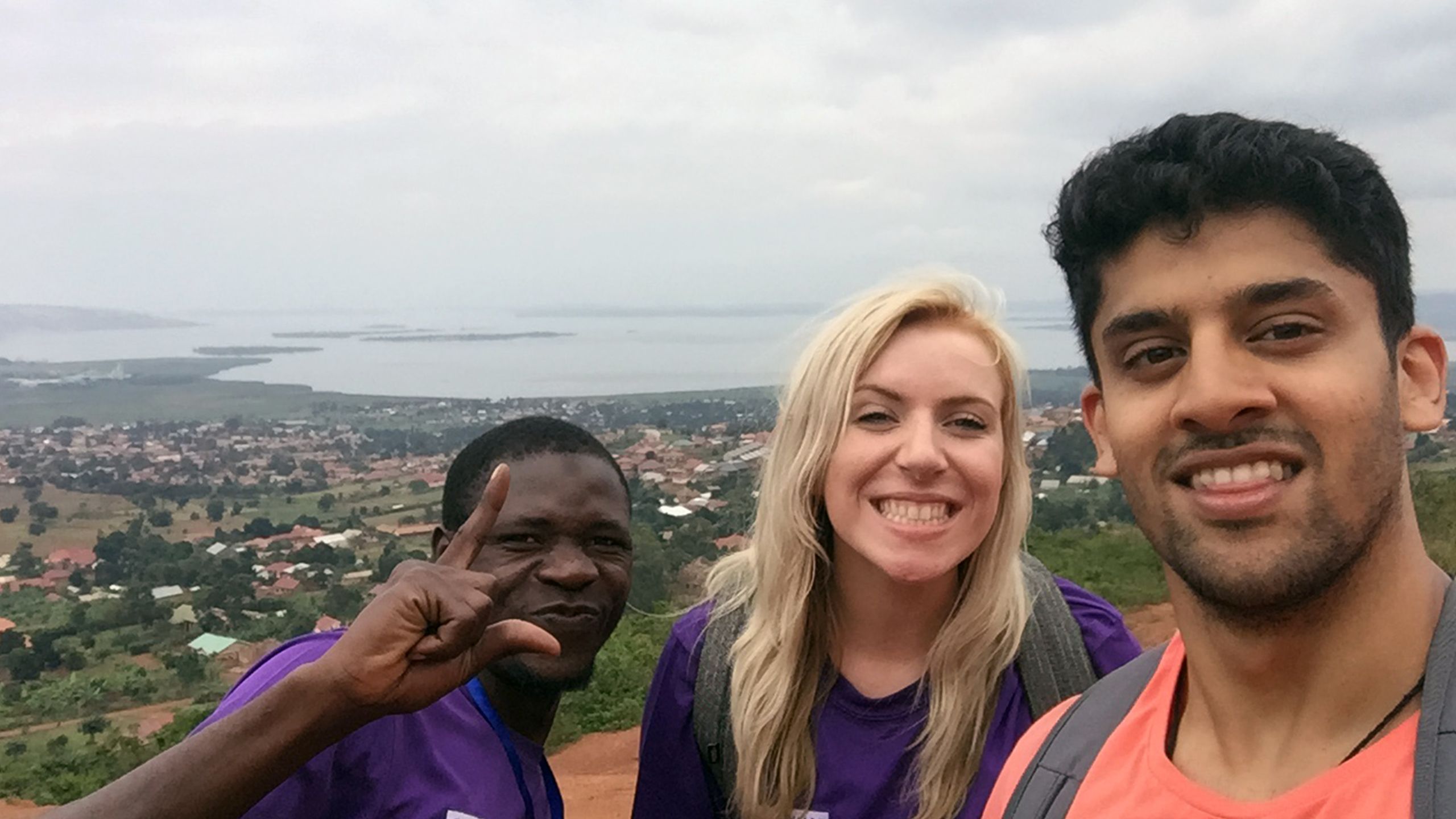
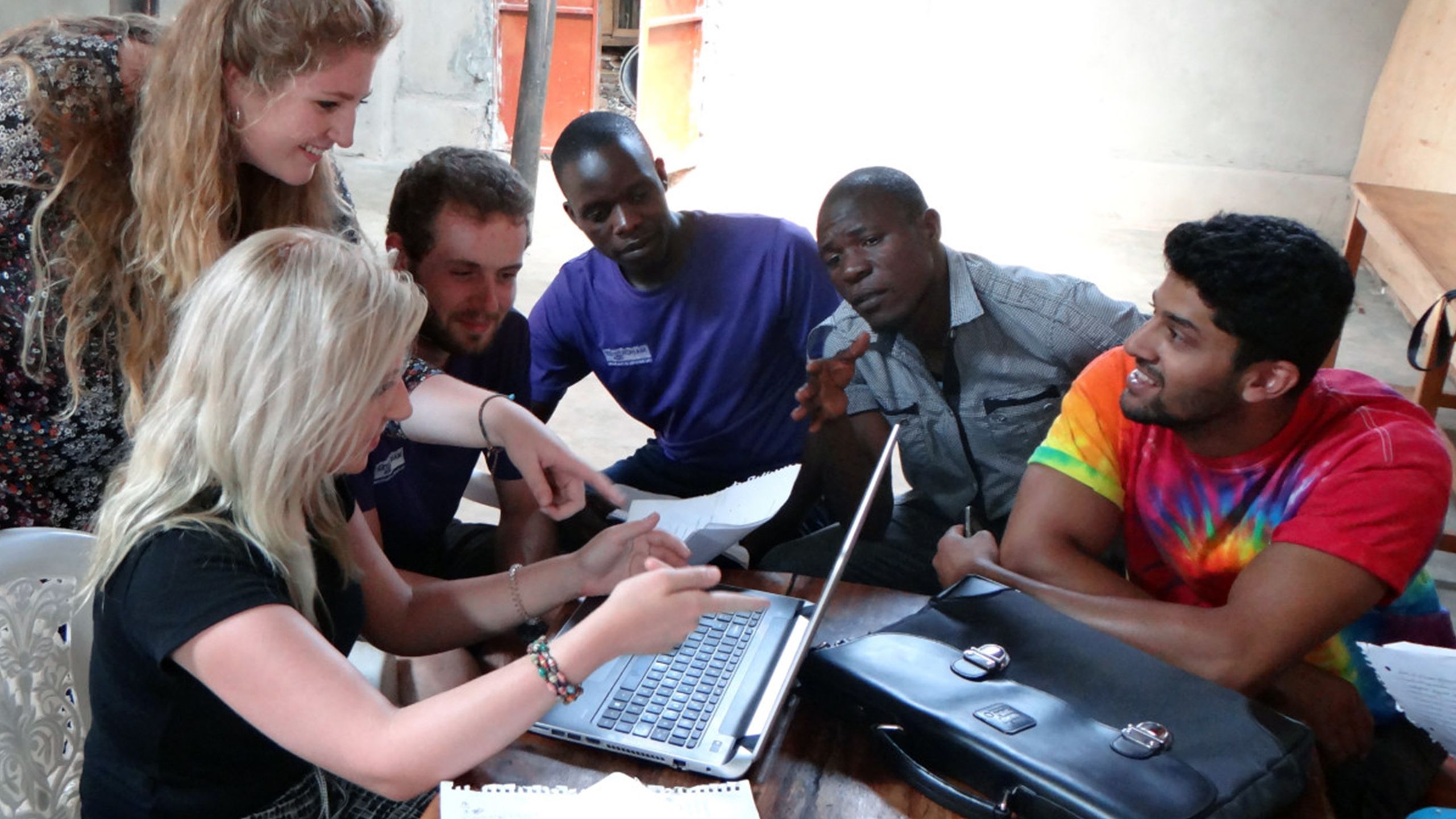
Finally, we asked if there were any other areas of their lives that had been influenced by volunteering on Team Uganda.
"My views of privilege have definitely changed since our trip. Culture is so diverse across the world and it’s only after seeing it first-hand that I can really appreciate it. I have become more vocal on matters that I think need raising such as race inequality, poverty and gender inequalities as advocacy and using your voice is a privilege in itself."
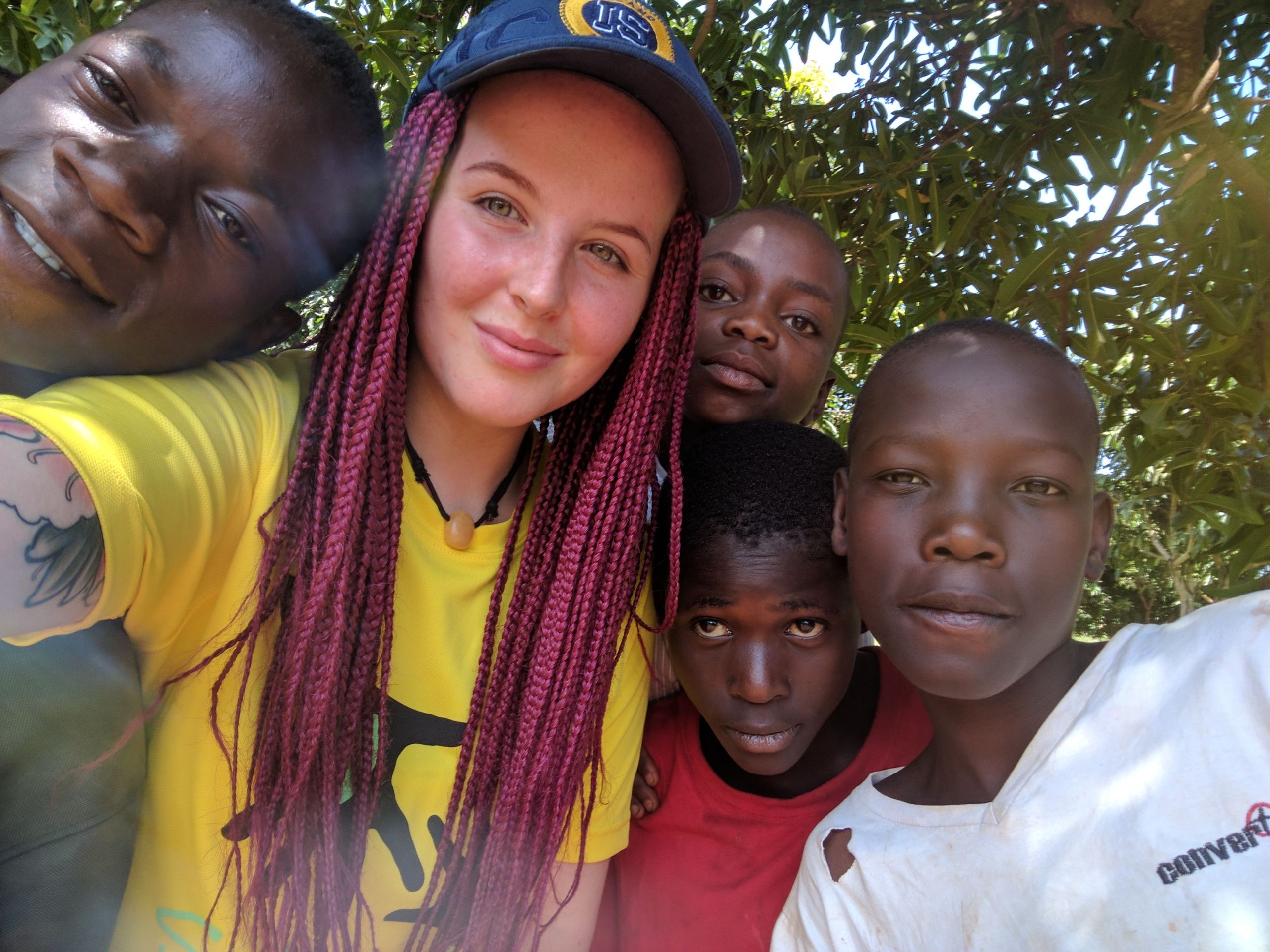
Faye with some of the children at the holiday camp
Faye with some of the children at the holiday camp
"It was a humbling experience and made me reconsider my spending habits. Instead of spending my money on things like clothing, I felt more inclined to donate it to charities such as S.A.L.V.E. I also found myself educating those around me on the injustices present in communities such as Jinja and informing them of how they could make a difference through indirect action."
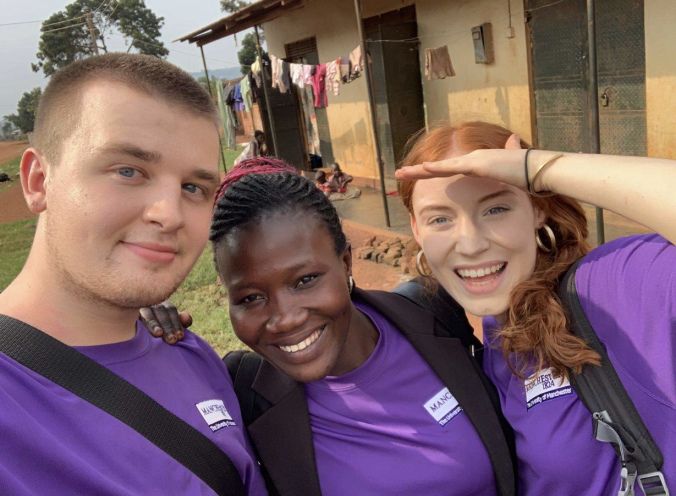
Ellis with the Gender Equality sub team
Ellis with the Gender Equality sub team
IMPACT STORY: ESTABLISHING A SOCIAL ENTERPRISE
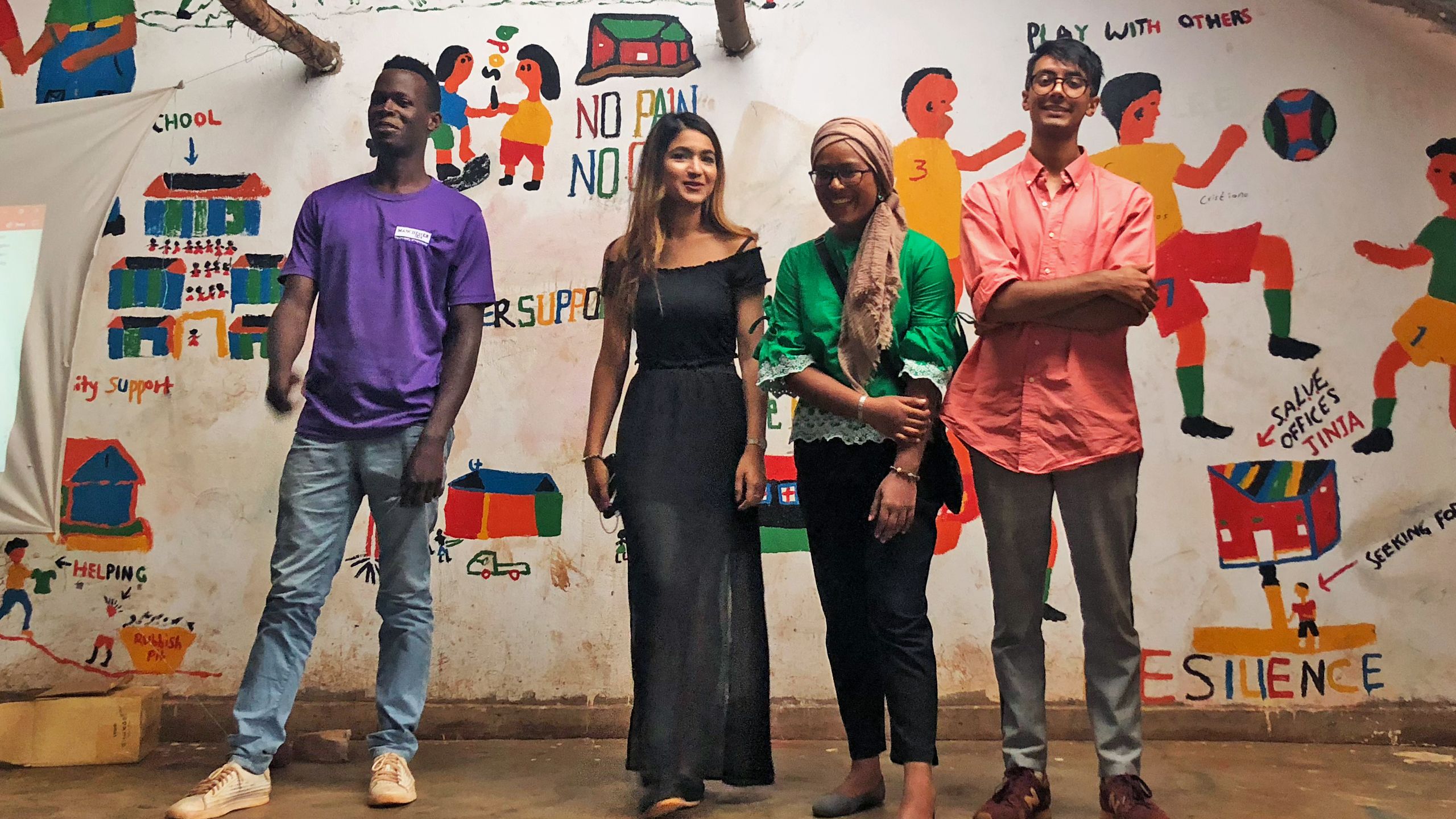
It was S.A.L.V.E.’s dream to have a successful social enterprise which would decrease their reliance on donor funding and support young people living on the streets to have a brighter future through potential employment opportunities. The Social Enterprise teams gave them the chance to make this a reality through their research.

From the research undertaken in summer 2016, briquette making was identified as the most viable enterprise, based on its potential for generating an income whilst having a positive environmental and social impact.
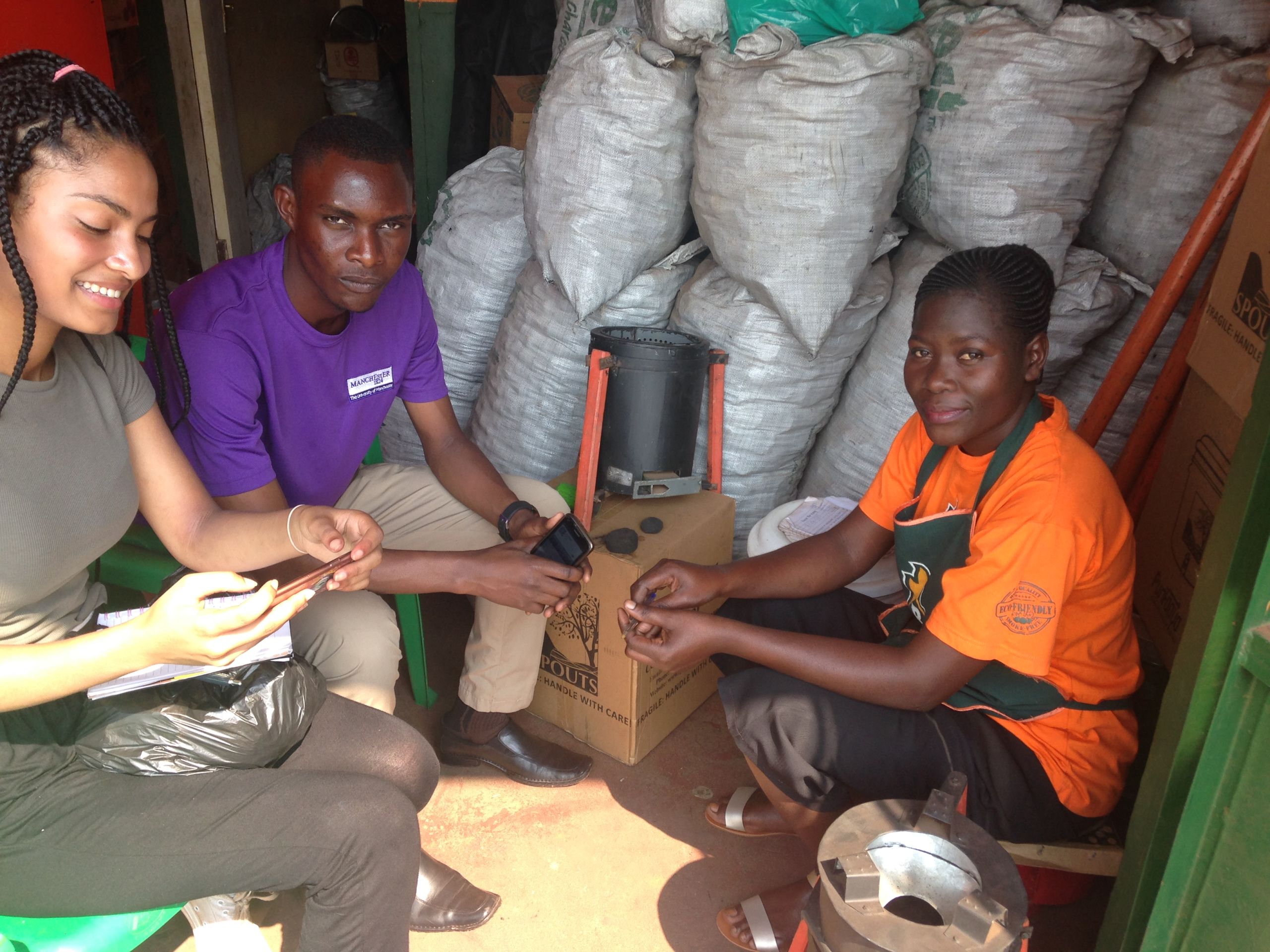
The team visiting other briquette businesses
The team visiting other briquette businesses
Charcoal and wood are the energy sources for the vast majority of the population in Uganda, leading to environmental issues including deforestation and health issues such as smoke inhalation. The UK and Ugandan volunteers explored the potential for S.A.L.V.E. to make briquettes, which are made from waste materials such as charcoal dust, maize stalks and charred vegetable peelings, as an environmentally friendly alternative.

An example briquette
An example briquette
They looked at the availability of materials, the success of existing briquettes businesses, demand for the products locally, potential competitors (to make sure there was no negative social impact), the manufacturing process, and how the young people that S.A.L.V.E. works with could be involved. During their research the team found a niche in the market and faults within pre-existing products which they developed business models to exploit. Overall they concluded that this was a viable option and, at the Dragons’ Den event, S.A.L.V.E. agreed!
S.A.L.V.E. Briquette making film, made by University of Manchester student Summer, whilst on placement with S.A.L.V.E. in the UK.
"In the short term, it gave us the in depth information that we required to see the feasibility of each of the projects and in the long term, it has helped us gain funding, get two of the projects up and running and begin generating an income for S.A.L.V.E. and for young people and members of the community we work with."
Alfred Ochaya - S.A.L.V.E. Director talks about the value of the briquettes project
Alfred Ochaya - S.A.L.V.E. Director talks about the value of the briquettes project

The S.A.L.V.E. Briquettes Enterprise has supported a number of young people in S.A.L.V.E.'s drug rehabilitation programme, providing them with a daily routine, the health benefits of exercise, and the opportunity to develop new skills. The enterprise has led to training and employment opportunities for some of the older young people S.A.L.V.E. work with, giving them valuable experience and a more reliable income which may prevent them from returning to the streets. The skills that these young people are learning through the project are transferable which allows them to gain other forms of employment or training, ultimately changing their lives.
Gilbert Kabaale, Social Enterprise Officer, talks about the benefits of the enterprise
Gilbert Kabaale, Social Enterprise Officer, talks about the benefits of the enterprise
"The young people (aged 14+) who stay at our Halfway Home and Drug Rehabilitation Centre can choose to learn how to make briquettes, so that when they return home, they have a skill and can use to earn income in the future. The young people often save up the money they earn on the project so that when they return home, they can buy school materials and gifts for their families."
"The briquettes social enterprise programme is a great motivator for those young people who choose to get involved. It is extremely rewarding for them to see they can make good quality cooking fuel (and we do all our cooking at S.A.L.V.E. on them) and it builds their confidence in themselves and their own abilities."
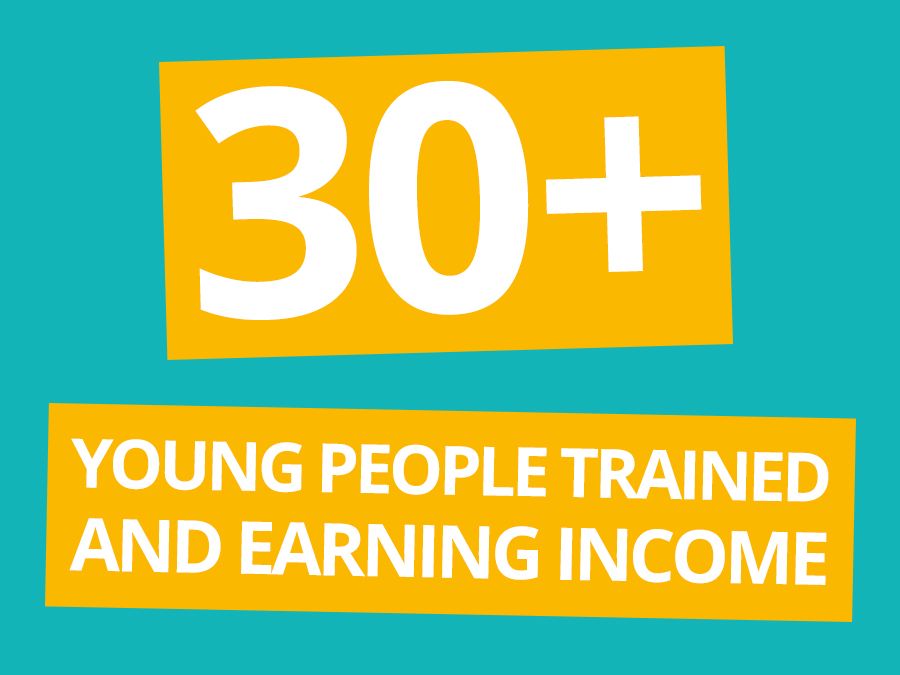
IMPACT STORY: COMMUNITY RESEARCH
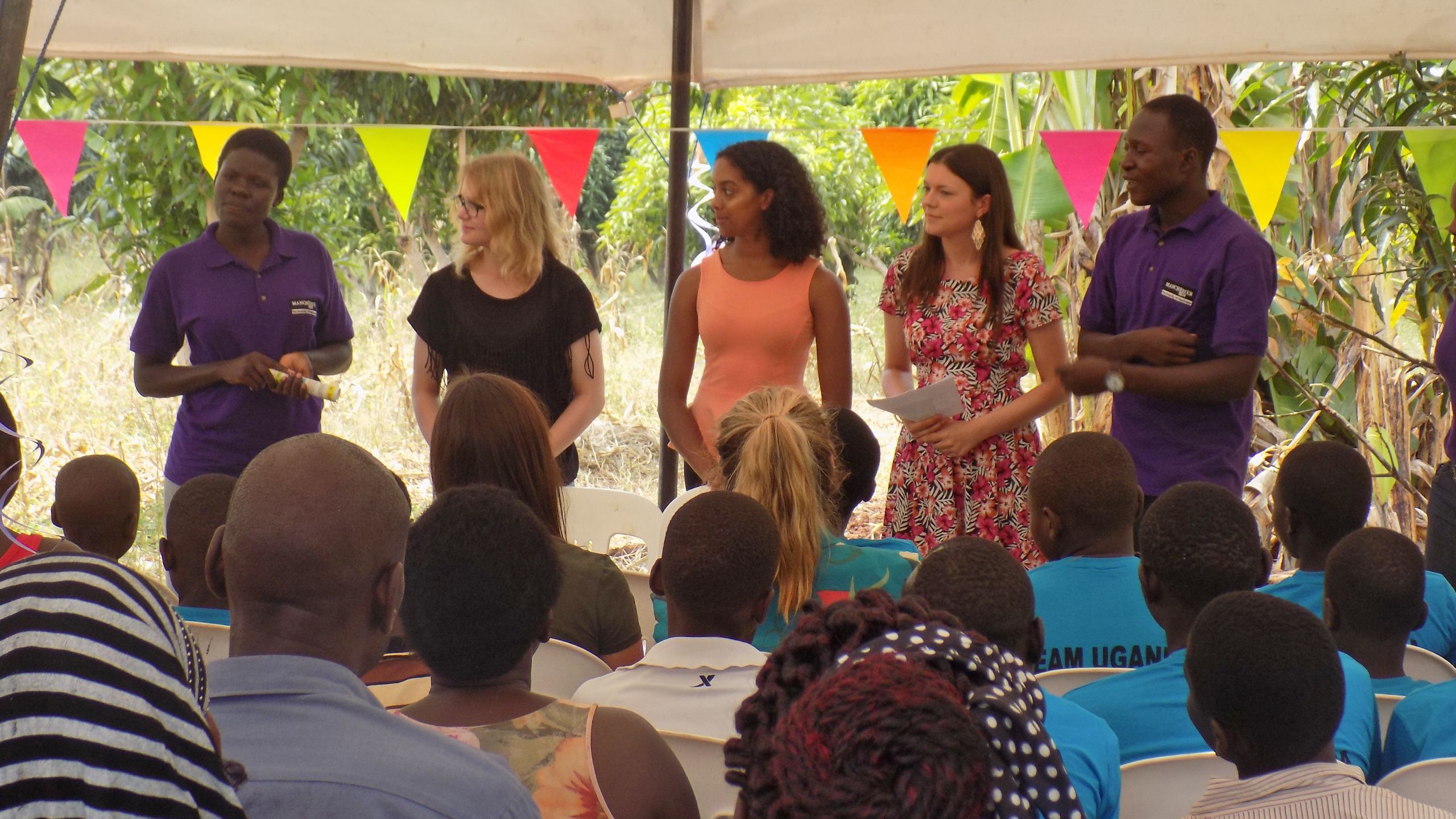
S.A.L.V.E.’s core work resettling children relies heavily on understanding the organisations, educational opportunities and services available in the local communities, which helps the social workers to work with the child, their family and the community to help them to leave the streets for good. Successfully resettling children also requires the involvement and support of the local community, which is why challenging negative stereotypes and increasing awareness of the issues is so important.
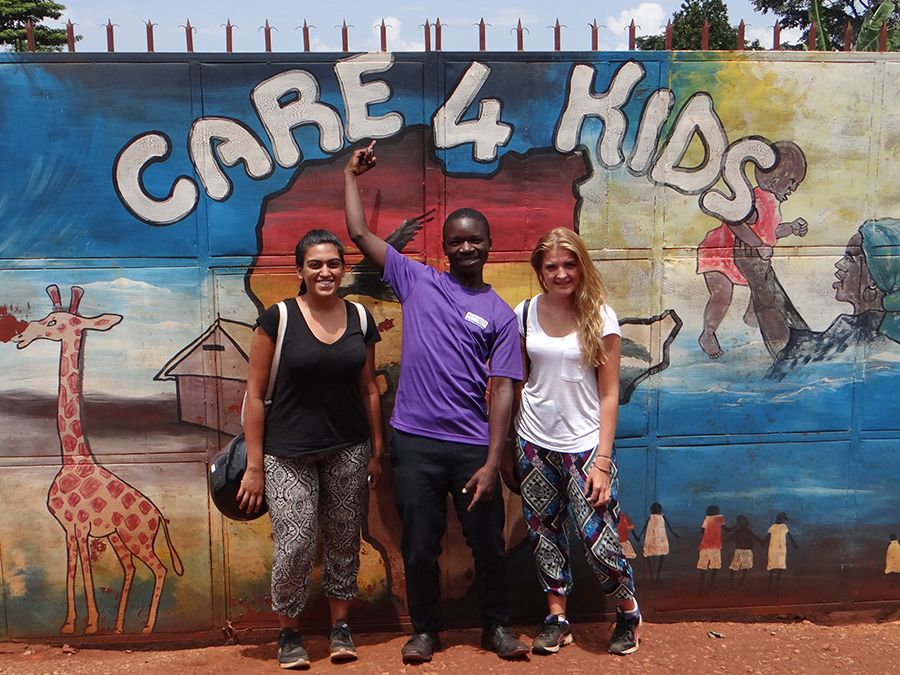
Each year on Team Uganda community research teams helped S.A.L.V.E. with both of these aims. In year one, the Poverty Stoplight team undertook an analysis of the main needs of the communities where lots of children living on the streets were coming from, identifying what issues might impact on the resettlement process.
In subsequent years, the mapping teams set about visiting the towns and villages identified as key areas for S.A.L.V.E.'s work, meeting with local elders and leaders, schools and organisations, and services that might support a child’s resettlement, such as drugs or disability support projects. They identified potential partner organisations for S.A.L.V.E. and potential business opportunities for parents, as poverty is one of the main reasons for children moving to the streets. They then collated the data and created online maps and directories for the S.A.L.V.E. team to use on a daily basis. They also presented their results to the communities, increasing opportunities for collaboration and partnership working.
Solomon talks about how the communities were chosen
Solomon talks about how the communities were chosen
The advocacy team also visited the communities, this time conducting interviews, focus groups, and community discussions. Their aims were two-fold: firstly to better understand attitudes towards children living and working on the streets, and secondly to challenge negative stereotyping, helping communities better understand the reasons why it happens and the difficulties that the children face.
"We interviewed members of different communities asking them about their opinions on street children in Jinja. Between the Walakuba and Mfubira team we interviewed 250 people, mainly female adults with families. We also interviewed the community chief and the general secretary for the community. One notable interviewee was a community doctor who had a range of interesting views about street children. Once we had collected all of our information, we created a research report and presented it to the community members."
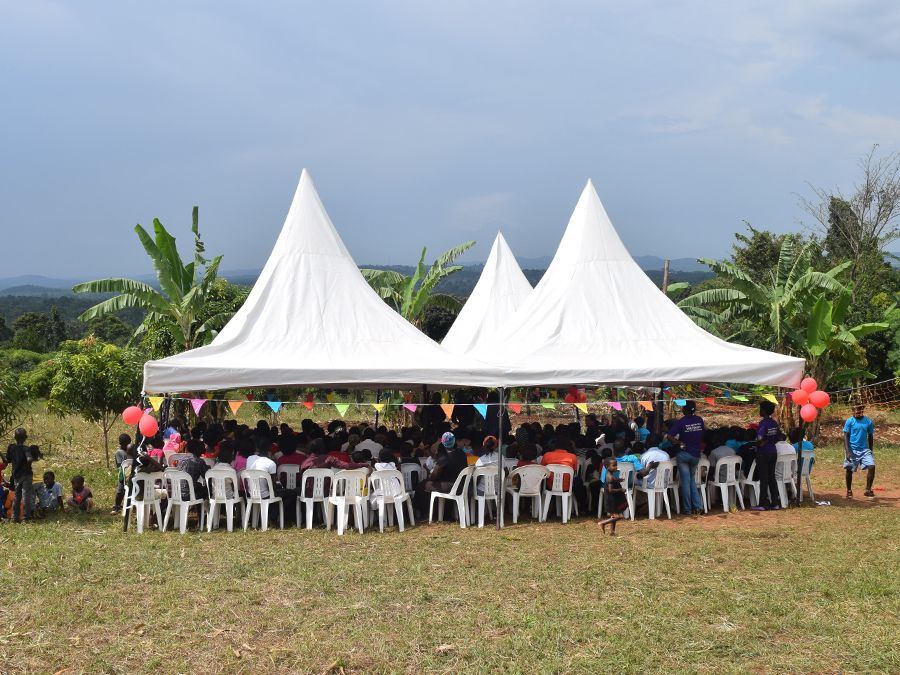
"We encouraged feedback and posed the important question to the residents of Jinja: “What do you as a community feel you can do to prevent children running to the streets?” The presentations were attended by many local community members and they discussed issues of why children go to the streets, who is responsible for stopping this and what they as a community can do to prevent children going to the streets."
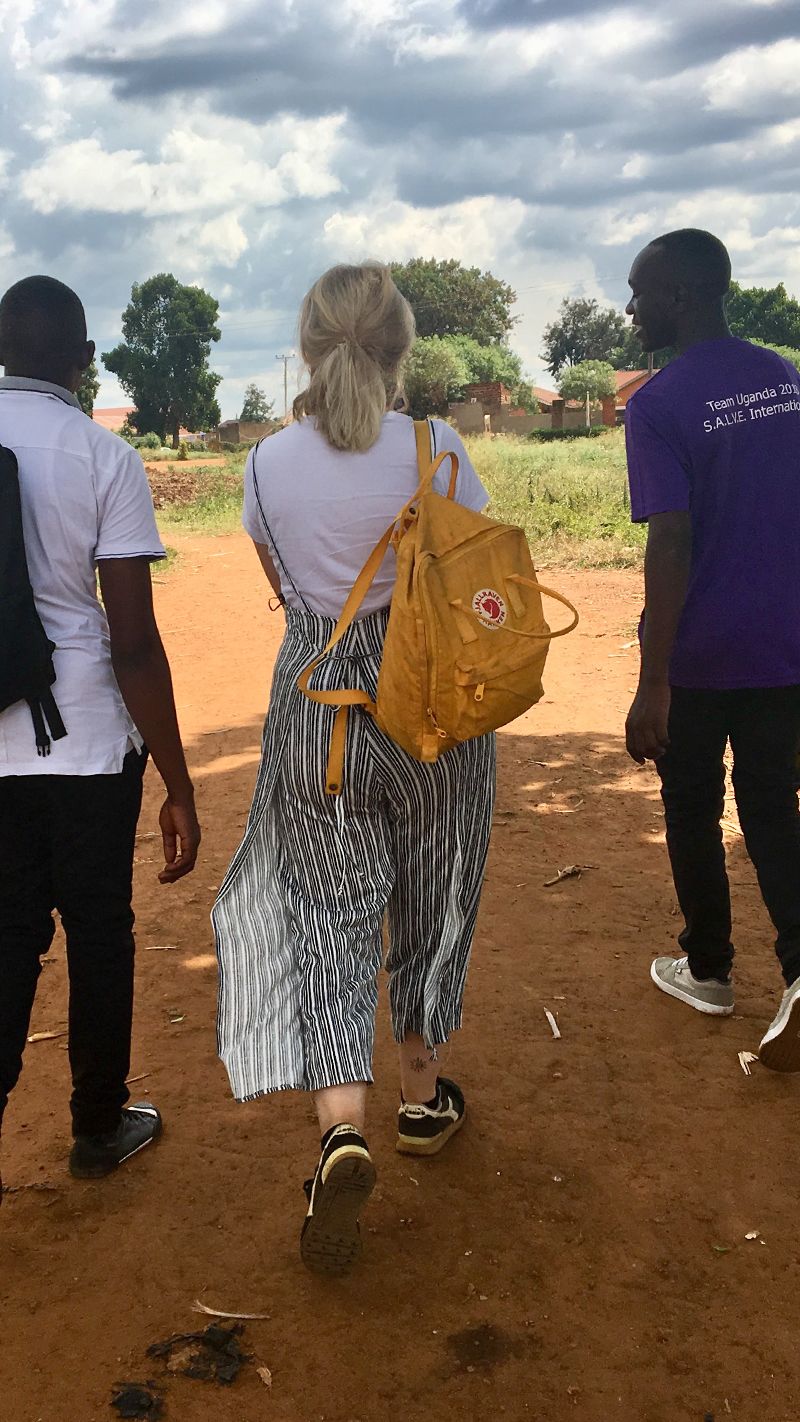
Heading out to the field
Heading out to the field
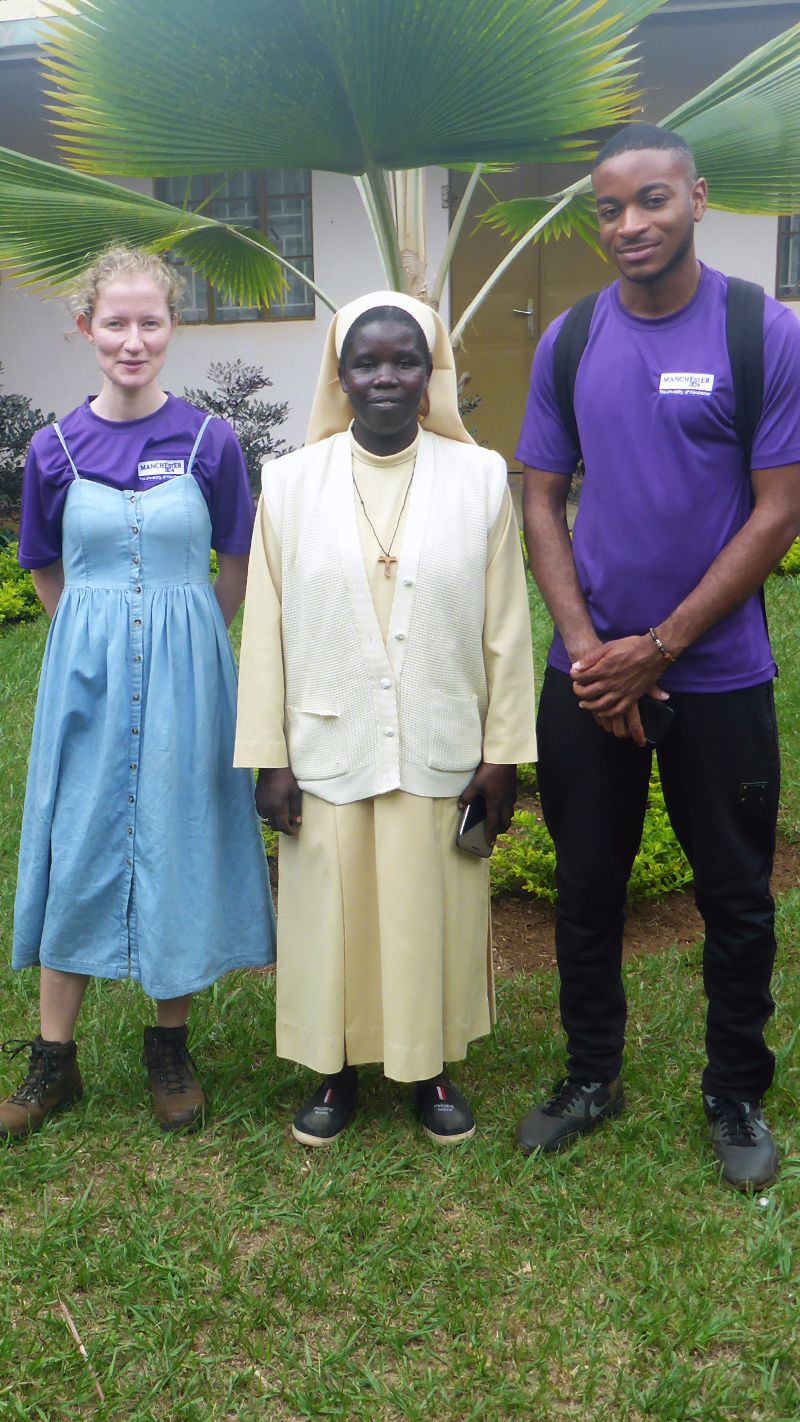
Meeting leaders in the community
Meeting leaders in the community
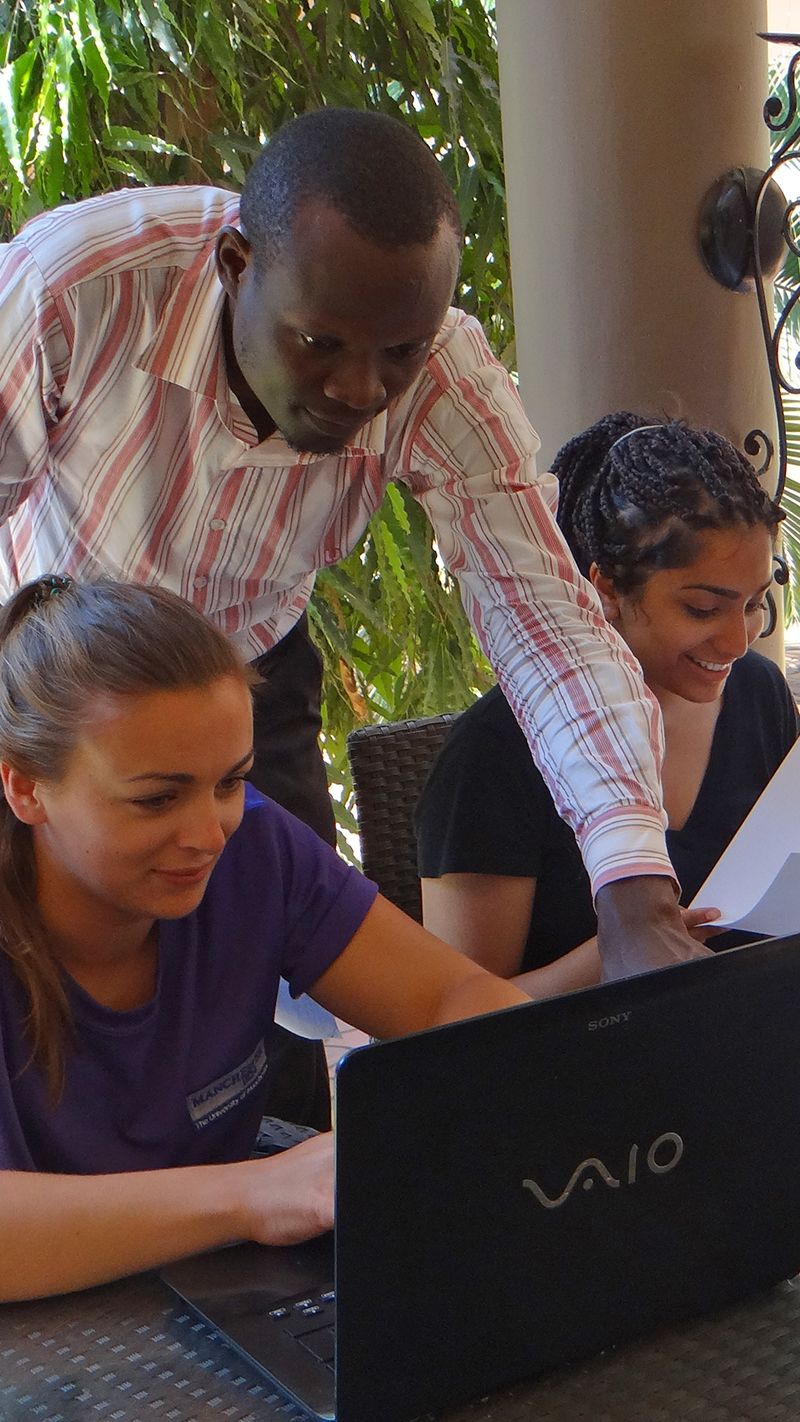
S.A.L.V.E. staff provided guidance
S.A.L.V.E. staff provided guidance
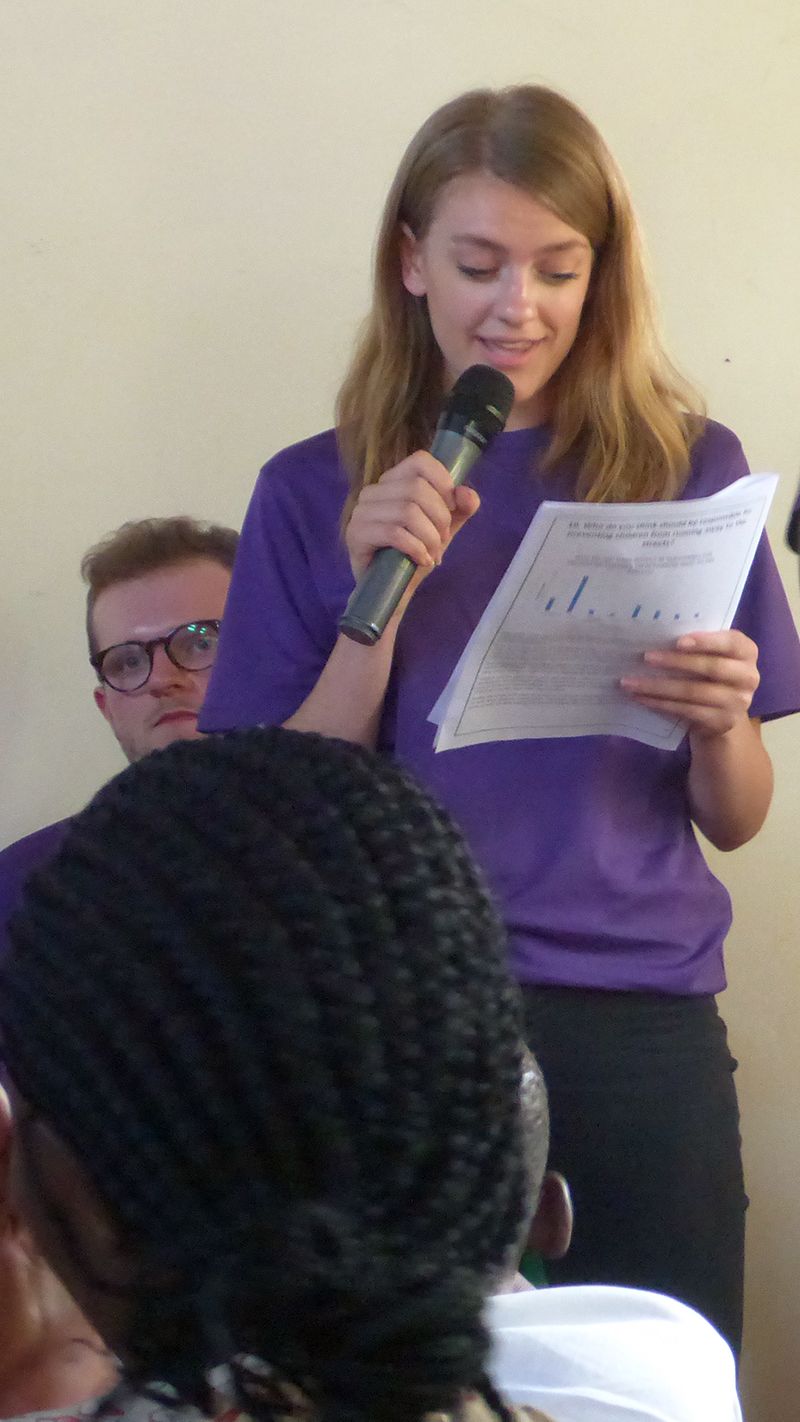
Presenting the findings
Presenting the findings

As a result of the community mapping, S.A.L.V.E. now has eight online maps and directories covering areas where the majority of the street children come from as well as some less well known areas, which the social workers now use when undertaking S.A.L.V.E.’s vital home tracing and resettlement work. They have seen an increase in the number of children accessing their services as a result of the awareness raising, and have been able to help young people and their families’ access services to support them in their transition to living at home.
Alfred talks about the value of the community research
Alfred talks about the value of the community research
"This project gave us a chance to get to know and understand the local community in which we were based. The research has formed the basis for our future plans to work within our local community in a way that will be of most use to them."
Solomon talks about how the maps are useful for the social workers
Solomon talks about how the maps are useful for the social workers
"Through the mapping we were able to identify a case of one of the children we worked with, supported with services, as a result we could realise he needed additional support of a rehabilitation centre – we were able to identify a partner Ring of Hope, he received rehabilitation and he is now settled home."
Sarah talks about how the work has influenced attitudes
Sarah talks about how the work has influenced attitudes
Solomon talks about the increase in referrals as a result of the mapping
Solomon talks about the increase in referrals as a result of the mapping
"We have one child that is undergoing training in hairdressing with an organisaton that was mapped around Namulesa, we were able to identify that this organisation can help us train this girl in her career."
"In the long run, it has helped to develop our relationship with local leaders and community members, who now have a better understanding of our work."
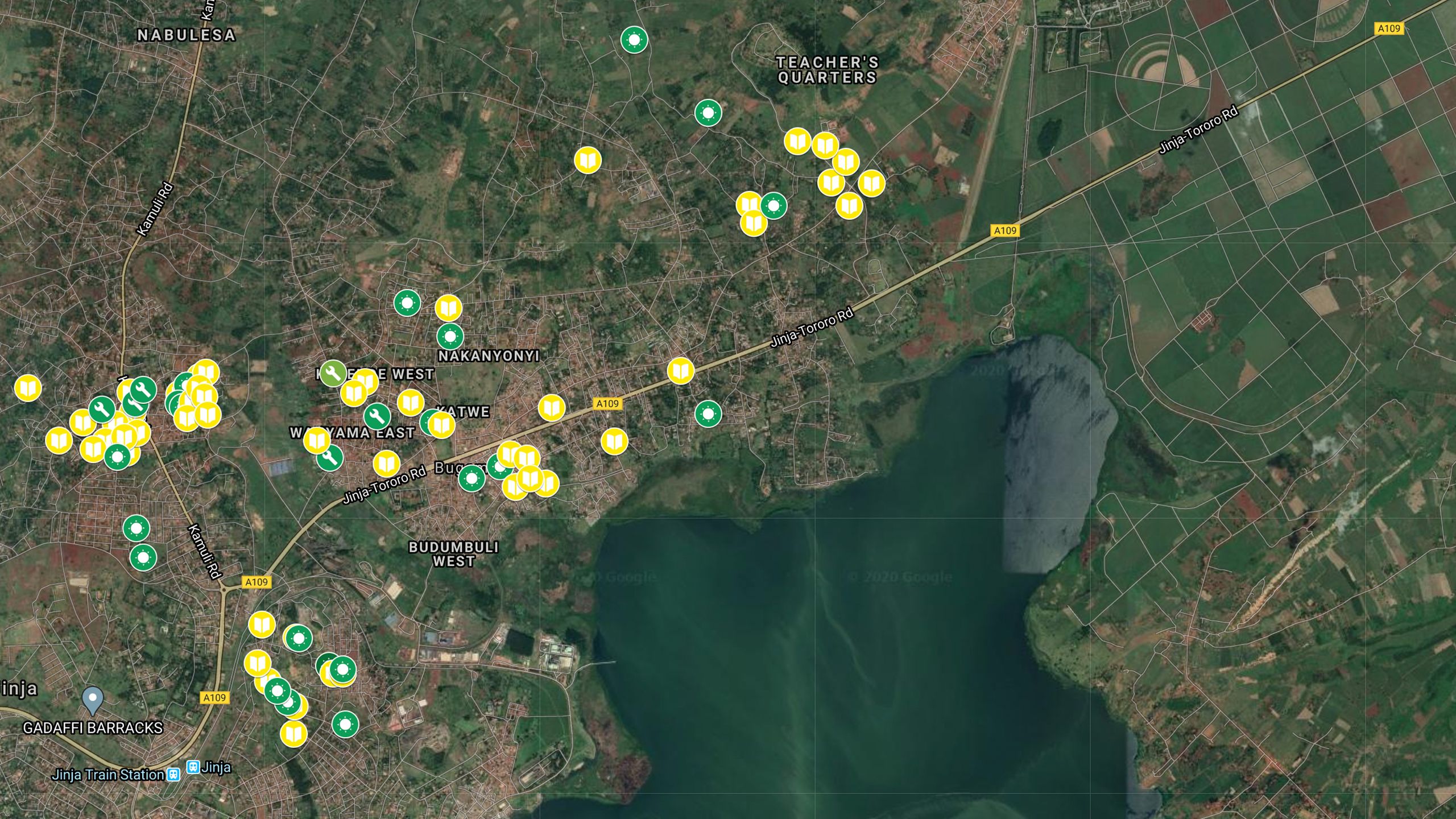
IMPACT STORY: DAVID'S STORY
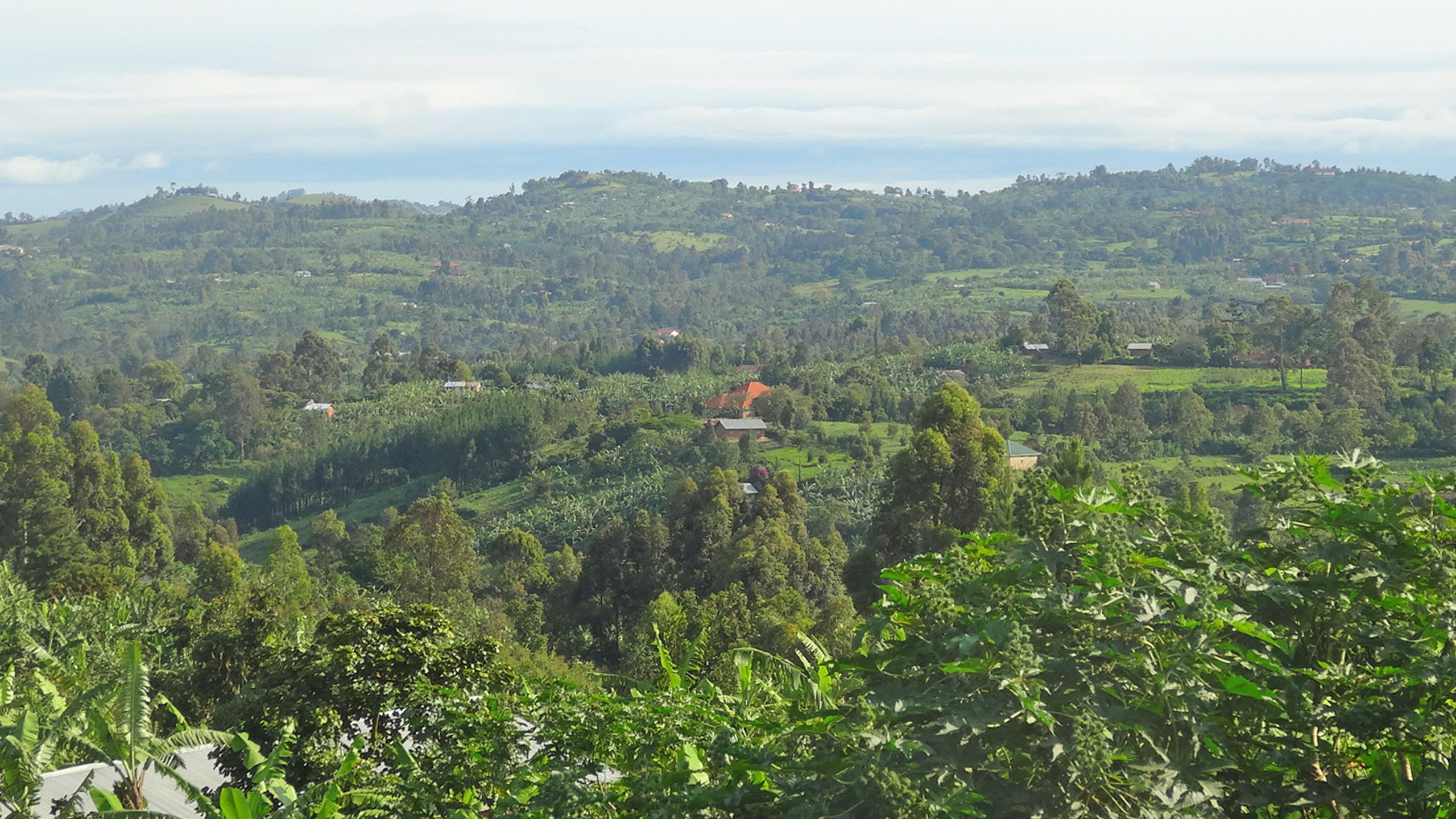
The core aim of S.A.L.V.E.'s work is to support more children and young people to leave the streets behind them and be resettled, beginning a new chapter where they can go back to school and have a brighter future. This can be a very long and challenging process for many of the children and young people due to the challenges they have faced and the harsh reality of life on the streets.
A S.A.L.V.E. International film 'A day in my life on the streets, by J from Jinja, Uganda'

David* was 14 years old when he attended the Team Uganda holiday camp. He was the youngest of five siblings and the amount of work he was expected to do at home, due to the family’s poverty, had made it difficult for him to go to school. He often ended up in trouble and made some friends on the streets where after facing increasing issues at home he eventually ended up living.
Like many of the children living on the streets in Uganda, he collected scrap metal to earn money whilst sleeping in the trenches at night, and he was often chased by police and dogs.
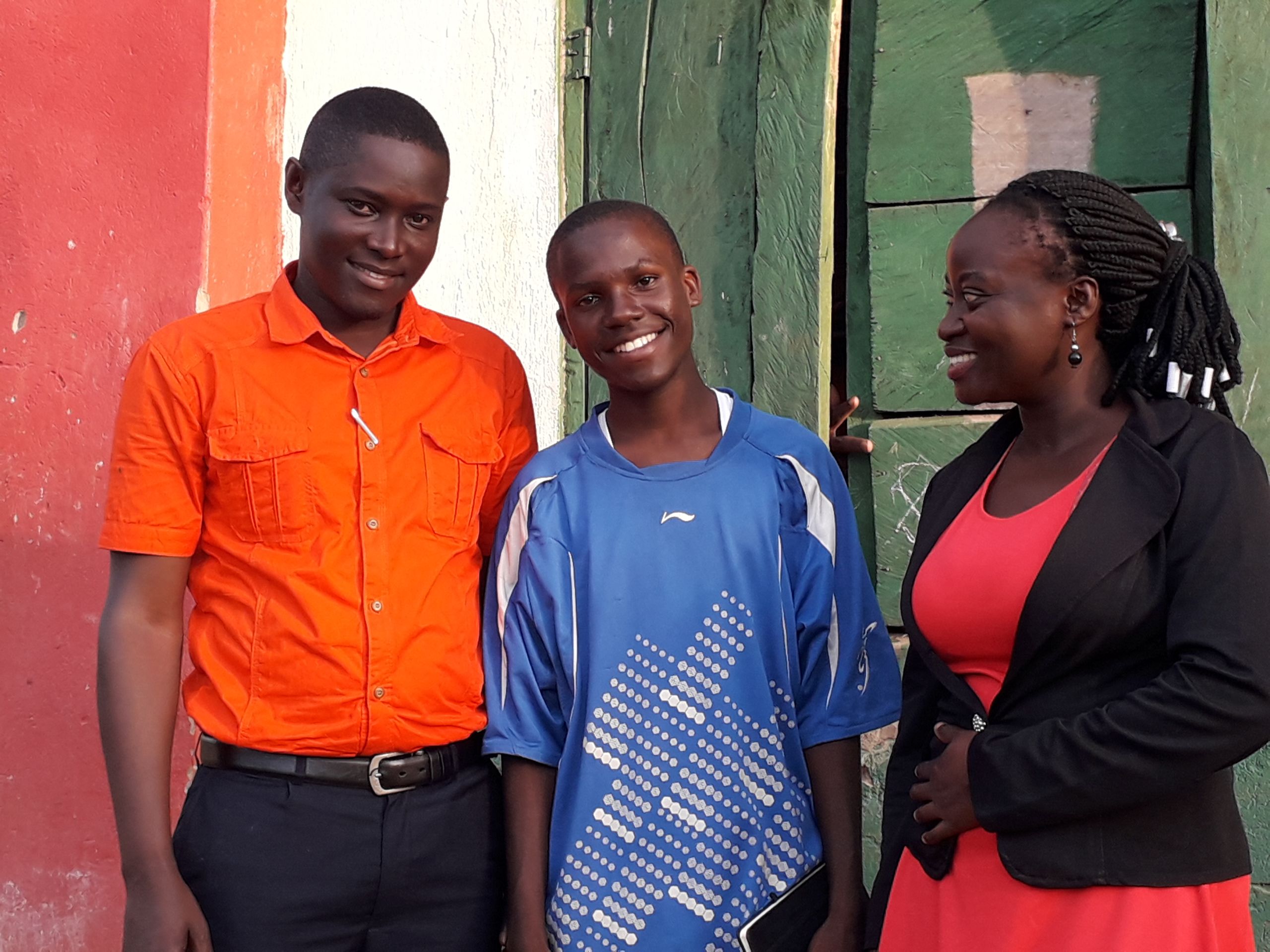
David with S.A.L.V.E. Resettlement Workers
David with S.A.L.V.E. Resettlement Workers
David first visited the S.A.L.V.E. drop in centre 2018 and began spending time there, finding some refuge in the support and activities. After three months he transitioned to S.A.L.V.E.’s halfway home at the land where he was able to have a break from the pressures of living on the streets, and consider an alternative future, whilst being supported by S..A.L.V.E.'s counselling. He was there during the time of the Team Uganda holiday camps and he slowly but enthusiastically began to take part in the activities, playing games and sports, making new friends and learning I.T. skills. He also took on a leadership role at meal times. During this time, David became less shy, learned to stop fighting and responded to the counselling, which helped him to make the decision to be resettled home and go back to school.
"Doing camp I got some skills, learnt how to plant vegetables, how to share with others, how to cook, relate with colleagues, make friends. If it wasn’t for S.A.L.V.E. and holiday camp I would be a con man, but I am looking up to being a gentleman."
At the end of the holiday camps, David was keen to be reunited with his mother and with S.A.L.V.E.’s support began making visits back home. Their relationship began to improve and eventually David moved back into the family home. He has also been able to return to school where he settled in, made friends and took on a student prefect leadership role.
*David's name has been changed.
THANK YOU!
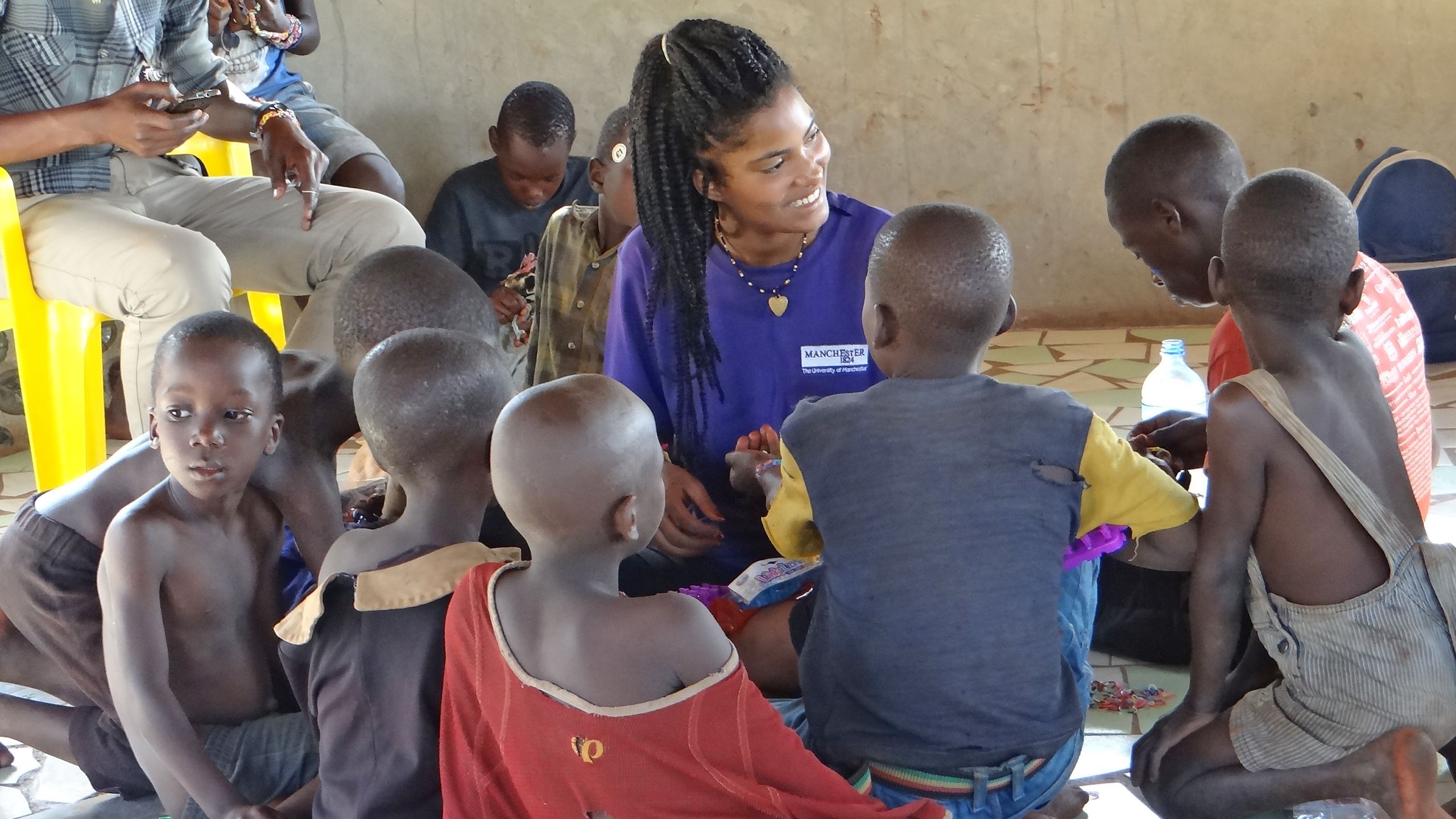
We would like to say a heartfelt thank you to everyone who has made the project possible, in particular the donors Tim and Judith Sears.
Thank you to all the amazing volunteers from The University of Manchester and Uganda who really put their all into the projects, and to all the wonderful staff at S.A.L.V.E. in Uganda and Manchester for their dedication to the projects, especially the Directors Alfred Ochaya and Nicola Sansom.
A big thank you also goes to all the colleagues across the University who helped behind the scenes including the Division of Development and Alumni Relations, Student Recruitment and Widening Participation, the International Programmes Office, Compliance and Risk, Research and Business Engagement, the Equality, Diversity and Inclusion Office, Student Support, Student Finance, Occupational Health, Student Communications and Marketing, The Careers Service and the Office for Social Responsibility.
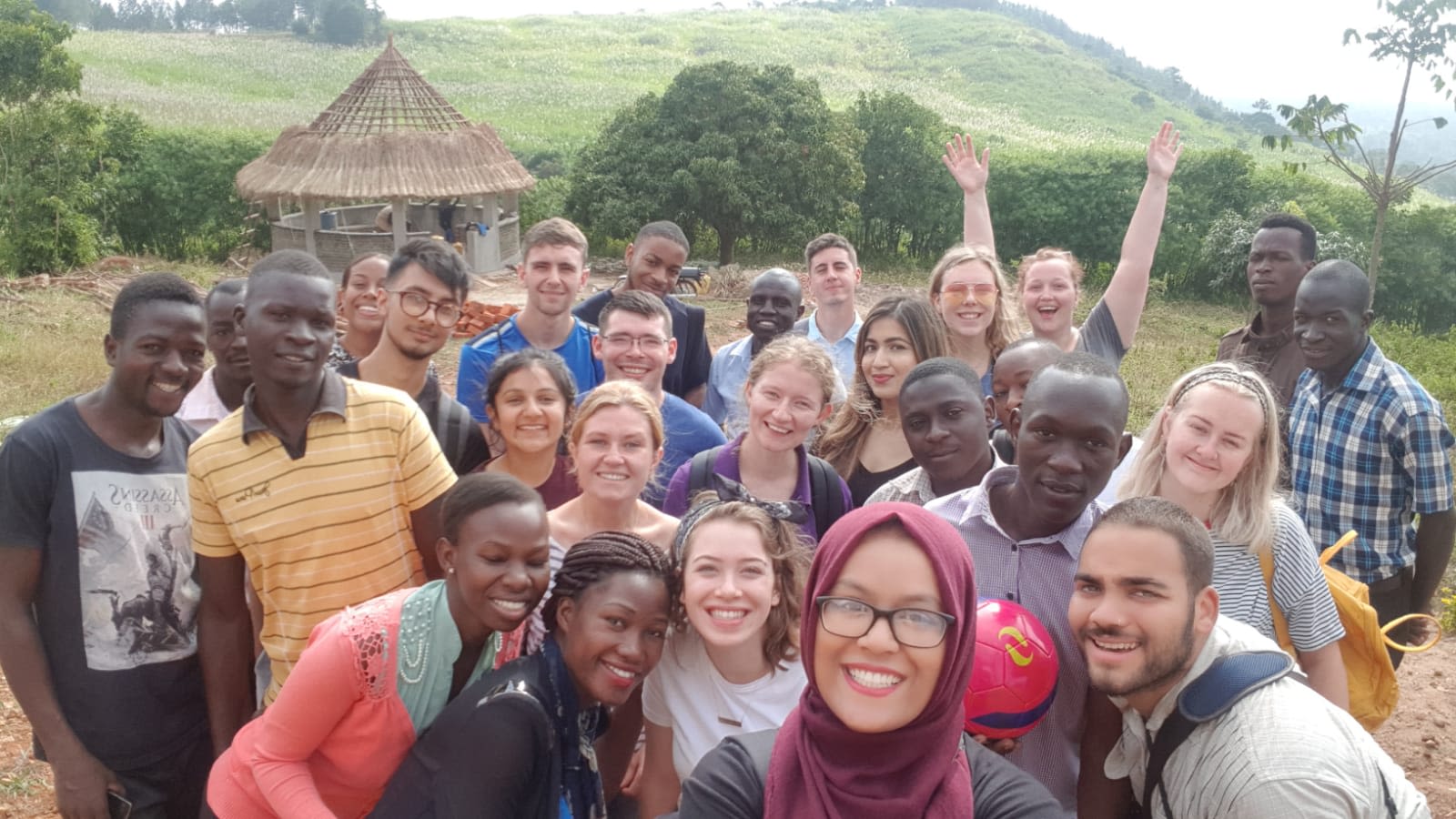
"Support to programmes like this is truly invaluable and means so much to all involved. It allows for more than just a trip for students; it allows for self-growth, the opportunity to help others, create friendships, raise awareness, invoke passions and realise potentials. To those who have helped, thank you!"
For more information please contact the University of Manchester Volunteering and Community Engagement Team on volunteers@manchester.ac.uk
